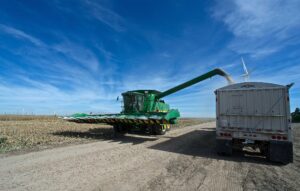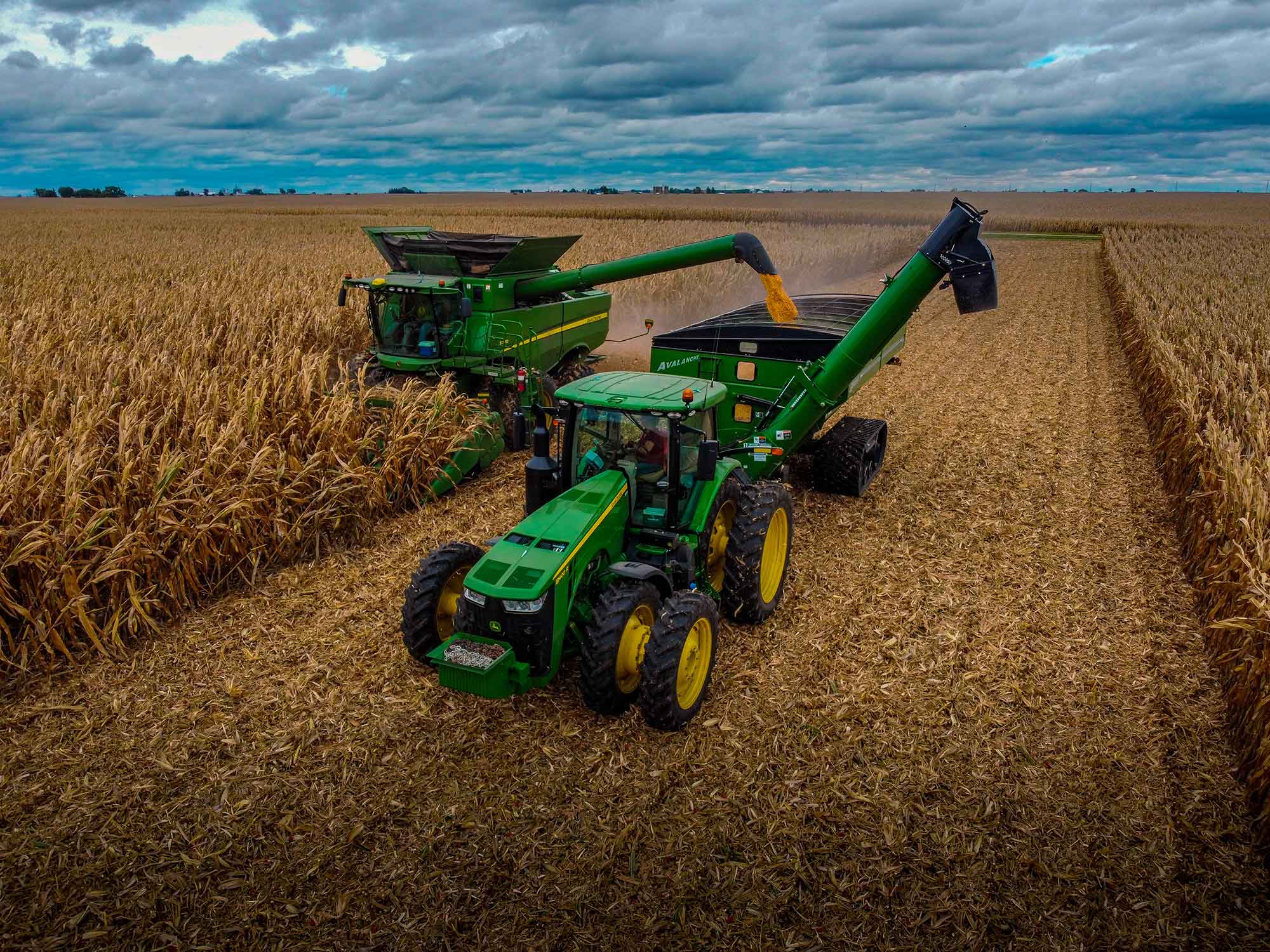Subscribe to Updates
Get the latest agriculture news and updates directly to your inbox.
Author: staff
One of the most intriguing figures of our time – Elon Musk Each image in this album is a piece of history, capturing the essence of Musk’s journey. It’s an intimate expedition through various stages of his life from a bright-eyed, curious child, through his formative years, to the trailblazer leading some of the most successful technological endeavors of this century. Join us on this captivating odyssey, tracing the footsteps of a man who has dared to envision a better future for humanity.
We are conditioned by social media, all the activities available for young to not so young people, and the thought that hustle is the epitome of successfulness. We are expected to do more, be more, be fit, be smart, be active, be everything to everyone. Work longer hours to make up for the people who don’t want to work. Do all the things all the time. Farming is one thing after another. Planting rolls in to spraying which rolls in to hay and brome seed and that rolls in to silage chopping and harvest then to fixing the erosion problems…
“No kids should be unsafe at school,” Scott Faber, Environmental Working Group’s senior vice president of government affairs, said to a group gathered for an online media event. No, this wasn’t a discussion about gun violence, bullying, mental health, or failing grades. It’s about something that the EWG finds absolutely horrifying: There are over 4,000 schools in the United States located within 200 feet from farm fields. As Faber said, that’s leaving our school children exposed and vulnerable. On Nov. 2, the EWG (the same folks behind The Dirty Dozen) launched an interactive map created to demonstrate just how close…
To understand the new smart monitors and other pro devices of tech health, we should look to Silicon Valley and the quantified movement of the latest generation. Apple’s Watch records exercise, tracks our moves throughout the day, assesses the amount of time we are stood up and reminds us to get up and move around if we have been sat for too long – let’s not forget Tim Cook’s “sitting is the new factor” line. Routinely evaluating your risk factors for various medical conditions, screening for cancer and other diseases, and assessing your lifestyle habits helps you stay healthy. It’s…
To understand the new smart monitors and other pro devices of tech health, we should look to Silicon Valley and the quantified movement of the latest generation. Apple’s Watch records exercise, tracks our moves throughout the day, assesses the amount of time we are stood up and reminds us to get up and move around if we have been sat for too long – let’s not forget Tim Cook’s “sitting is the new factor” line. Routinely evaluating your risk factors for various medical conditions, screening for cancer and other diseases, and assessing your lifestyle habits helps you stay healthy. It’s…
To understand the new smart monitors and other pro devices of tech health, we should look to Silicon Valley and the quantified movement of the latest generation. Apple’s Watch records exercise, tracks our moves throughout the day, assesses the amount of time we are stood up and reminds us to get up and move around if we have been sat for too long – let’s not forget Tim Cook’s “sitting is the new factor” line. Routinely evaluating your risk factors for various medical conditions, screening for cancer and other diseases, and assessing your lifestyle habits helps you stay healthy. It’s…
Jungfrau A. Bietschhorn This region is a magnificent area with high mountain ranges, glaciers and is actually the most glaciated part of the European Alps. Visiting this area can be done relatively easy by car and if you want to go up, by train up to 3,400 metres above sea level, the highest train ride in Europe, the Jungfrau Railway is very impressive (and expensive!). The area is on the UNESCO World Heritage list because of its unique and wide range of flora and fauna and geological importance regarding the creating of the High Alps.
To understand the new smart monitors and other pro devices of tech health, we should look to Silicon Valley and the quantified movement of the latest generation. Apple’s Watch records exercise, tracks our moves throughout the day, assesses the amount of time we are stood up and reminds us to get up and move around if we have been sat for too long – let’s not forget Tim Cook’s “sitting is the new factor” line. Routinely evaluating your risk factors for various medical conditions, screening for cancer and other diseases, and assessing your lifestyle habits helps you stay healthy. It’s…
To understand the new smart monitors and other pro devices of tech health, we should look to Silicon Valley and the quantified movement of the latest generation. Apple’s Watch records exercise, tracks our moves throughout the day, assesses the amount of time we are stood up and reminds us to get up and move around if we have been sat for too long – let’s not forget Tim Cook’s “sitting is the new factor” line. Routinely evaluating your risk factors for various medical conditions, screening for cancer and other diseases, and assessing your lifestyle habits helps you stay healthy. It’s…
To understand the new smart monitors and other pro devices of tech health, we should look to Silicon Valley and the quantified movement of the latest generation. Apple’s Watch records exercise, tracks our moves throughout the day, assesses the amount of time we are stood up and reminds us to get up and move around if we have been sat for too long – let’s not forget Tim Cook’s “sitting is the new factor” line. Routinely evaluating your risk factors for various medical conditions, screening for cancer and other diseases, and assessing your lifestyle habits helps you stay healthy. It’s…














